In recent years, a growing body of research and anecdotal evidence has sparked interest in the potential benefits of microdosing magic mushrooms for anxiety. Microdosing involves taking sub-perceptual doses of psychedelic substances like psilocybin, the active compound in magic mushrooms.
Advocates of microdosing believe that this practice can alleviate symptoms of anxiety and depression while promoting a sense of well-being and enhanced cognitive function. However, it’s important to approach microdosing with caution and awareness, seeking guidance from medical professionals and understanding the potential risks involved.
In this article, we will explore the concept of microdosing mushrooms for anxiety, the purported benefits, and some essential considerations to ensure a safe and informed approach to this intriguing therapeutic approach.
First Off, What are Magic Mushrooms?
Magic mushrooms, also known as psychedelic mushrooms, are fungi that contain the psychoactive compound psilocybin. Psilocybin is a naturally occurring hallucinogen that can induce altered states of consciousness, leading to changes in perception, mood, and thought patterns. These mushrooms belong to various species, and the most well-known ones include Psilocybe cubensis, Psilocybe semilanceata, and Psilocybe cyanescens, among others.
When ingested, either by eating the raw mushrooms or brewing them into a tea, psilocybin is converted into psilocin, which interacts with serotonin receptors in the brain. This interaction is believed to be responsible for the psychedelic effects experienced by users.
The use of magic mushrooms has a long history in different cultures and has been associated with spiritual and ceremonial practices. In modern times, magic mushrooms have gained popularity as a recreational substance and, more recently, have drawn attention for their potential therapeutic applications, particularly in the context of mental health, such as for anxiety and depression.
It’s important to note that the possession, sale, or consumption of magic mushrooms is illegal in many countries, so any discussion about their potential therapeutic use must be approached with caution and in accordance with local laws and regulations.
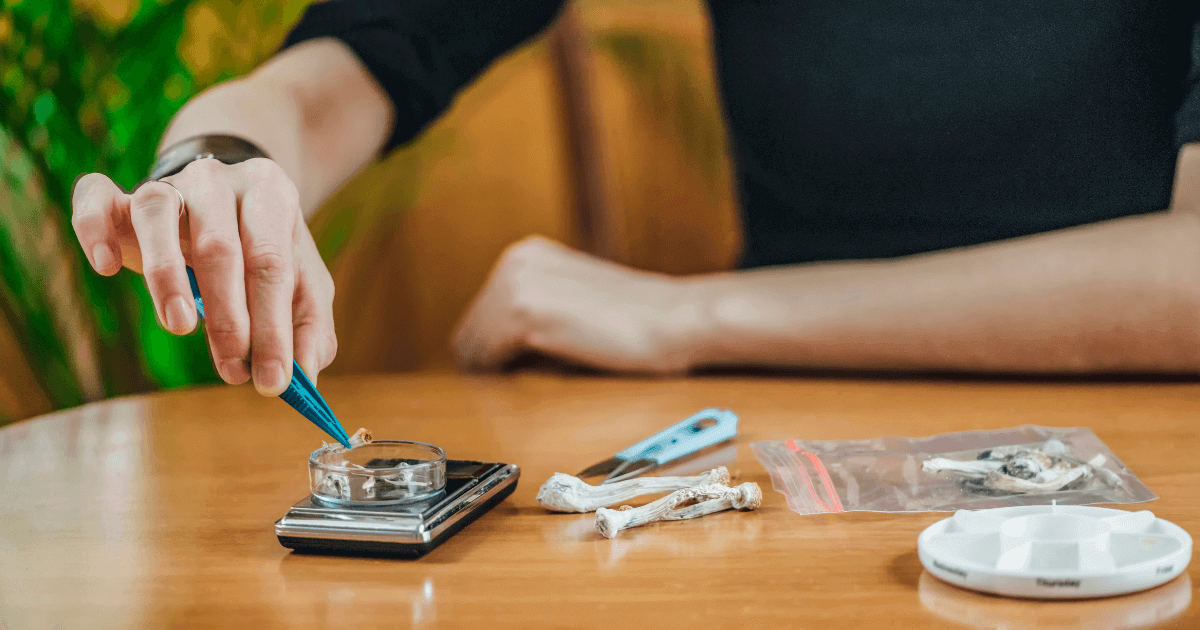
How Do Psilocybin Shrooms Work?
Psilocybin shrooms work by interacting with serotonin receptors in the brain. The active compound in these mushrooms, psilocybin, is converted into psilocin after ingestion. Psilocin is structurally similar to serotonin, a neurotransmitter that plays a crucial role in regulating mood, cognition, and various physiological processes.
When psilocin binds to serotonin receptors, particularly the 5-HT2A receptors, it triggers a cascade of changes in neural activity. This leads to alterations in communication between brain regions, especially those involved in perception and emotion processing. As a result, users may experience a range of effects, including changes in mood, sensory perception, thought patterns, and a sense of interconnectedness with their surroundings.
These altered states of consciousness can be characterized by visual and auditory hallucinations, enhanced emotional experiences, and shifts in one’s sense of time and self-awareness. The subjective effects can vary widely among individuals and are influenced by factors such as dosage, set (the user’s mindset and expectations), and setting (the physical and social environment).
The exact mechanisms through which psilocybin produces its effects are not fully understood, but research suggests that it may lead to increased neural plasticity and connectivity in the brain. This heightened plasticity may underlie the potential therapeutic effects of psilocybin in conditions like anxiety, depression, and post-traumatic stress disorder (PTSD). Studies have shown that psilocybin-assisted therapy can help individuals gain new perspectives, process emotions, and experience lasting improvements in their mental well-being.
It’s important to emphasize that the use of psilocybin-containing mushrooms should only be considered in a controlled and supervised setting, particularly when exploring their potential therapeutic benefits. Inappropriate use or high doses can lead to adverse effects, including anxiety, paranoia, and potential risks to mental health, especially in those predisposed to psychotic disorders. Always seek guidance from qualified medical professionals before considering any form of psychedelic therapy.
What is Microdosing Magic Mushrooms?
Microdosing magic mushrooms refers to the practice of taking very small, sub-perceptual doses of psilocybin-containing mushrooms on a regular schedule. Unlike recreational or full-dose use, where individuals take higher amounts of mushrooms to experience intense psychedelic effects, microdosing involves taking a fraction of the typical dosage, which is not intended to induce hallucinations or alter one’s perception significantly.
Typically, a microdose of magic mushrooms ranges from approximately 1/10th to 1/20th of a recreational dose. This can vary depending on the potency of the mushrooms and individual sensitivity. The dosing schedule varies as well, but it is commonly practiced every few days or on a specific regimen (e.g., every third day).
The purpose of microdosing is not to experience an immediate “trip” but to potentially obtain subtle, long-term benefits. You can also microdose things like LSD microdosing tabs.
Some individuals believe that microdosing magic mushrooms can offer various effects, such as:
- Enhanced Creativity: Users often report increased creativity, open-mindedness, and the ability to think outside the box.
- Improved Mood: Microdosers may experience a boost in mood and a reduction in feelings of anxiety and depression.
- Increased Focus and Productivity: Some users claim that microdosing helps them stay focused, be more productive, and engage in tasks with greater efficiency.
- Heightened Emotional Awareness: Users may experience a heightened sense of emotional awareness and a greater ability to process emotions.
- Mindfulness and Presence: Microdosing might facilitate a sense of mindfulness and a deeper connection with the present moment.
- Stress Reduction: It’s suggested that microdosing may help reduce stress and improve overall well-being.
It’s essential to remember that the effects of microdosing can vary significantly from person to person, and scientific research on this topic is still limited. While some people report positive outcomes, others may not notice significant effects or could experience negative reactions. Moreover, the long-term safety and efficacy of microdosing have not been thoroughly studied.
As with any use of psychedelics, caution and responsible practices are crucial. Consulting with a qualified healthcare professional is essential before considering microdosing or any other alternative treatments for anxiety or depression. Additionally, ensure compliance with the laws and regulations concerning psychedelic substances in your area.
Can Microdosing Shrooms Help With Anxiety?
Microdosing shrooms, specifically psilocybin-containing mushrooms, has been a subject of interest for potential therapeutic applications, including anxiety management. However, it’s important to note that the research on microdosing mushrooms for anxiety is still in its early stages, and the available evidence is limited.
Anecdotal reports and some preliminary studies suggest that some individuals have experienced positive outcomes when microdosing psilocybin for anxiety. They report a reduction in anxiety symptoms, increased emotional well-being, and an improved ability to cope with stress. Some users also claim to have gained a greater sense of clarity and reduced rumination.
The potential benefits of microdosing mushrooms for anxiety may be attributed to the following factors:
- Serotonergic Effects: Psilocybin interacts with serotonin receptors in the brain, which are involved in mood regulation. This interaction may contribute to the reported improvements in mood and anxiety levels.
- Neuroplasticity and Neurogenesis: Some research suggests that psilocybin may promote neuroplasticity, the brain’s ability to reorganize and form new connections, and possibly even neurogenesis, the growth of new brain cells. These processes may be linked to improved mental health and resilience.
- Mindset Shifts: Microdosing may lead to shifts in thought patterns and perspective, potentially helping individuals reframe anxiety-inducing thoughts and emotions.
- Emotional Processing: Microdosing might facilitate enhanced emotional awareness and processing, enabling individuals to work through underlying issues contributing to their anxiety.
While these potential benefits are intriguing, it’s essential to approach microdosing with caution. Individual responses to psilocybin can vary significantly, and not everyone may experience positive effects. Some people might even have adverse reactions, including increased anxiety or other mental health concerns.
Moreover, microdosing is not a substitute for professional medical treatment for anxiety. If you are considering using microdosing mushrooms to manage anxiety, it’s crucial to consult with a qualified healthcare provider. A medical professional can help you understand the potential risks, benefits, and whether this approach aligns with your specific circumstances and mental health needs.
Lastly, the legal status of psilocybin-containing mushrooms varies by country and region, and using them without adherence to local laws may result in legal consequences. Always prioritize safety, legality, and responsible use when exploring alternative treatments for anxiety or any other health condition.
Why People Take Shrooms For Anxiety
People may consider taking shrooms (psilocybin-containing mushrooms) for anxiety for various reasons, though it’s essential to emphasize that the use of psychedelic substances should be approached with caution and under professional guidance.
Some of the reasons why individuals might consider using shrooms for anxiety include:
- Anecdotal Reports: There are numerous anecdotal reports and testimonials from individuals who claim to have experienced reduced anxiety and improved well-being after using psilocybin mushrooms. These personal accounts may spark curiosity and interest in exploring the potential benefits of shrooms for anxiety.
- Alternative Treatment Options: For individuals who have not found relief from traditional anxiety treatments or medications, they may seek alternative approaches, and psilocybin therapy might be one such option.
- Mindset Shifts: Psilocybin can induce altered states of consciousness, which some people believe can lead to profound mindset shifts and insights. These experiences may help individuals examine their anxiety from different perspectives and address underlying emotional issues.
- Emotional Processing: Some users report that psilocybin experiences allow them to process deep emotions and confront past traumas, potentially leading to a reduction in anxiety symptoms.
- Long-Lasting Effects: Some research suggests that a single guided psilocybin session can lead to long-lasting improvements in anxiety and mood. This is particularly relevant in the context of psilocybin-assisted therapy, where the substance is administered in a therapeutic setting with professional support.
- Reduced Dependence on Pharmaceuticals: Some individuals may seek alternative treatments to reduce their dependence on pharmaceutical medications, which can have side effects and may not provide complete relief from anxiety.
- Spiritual or Transcendent Experiences: For some people, psilocybin experiences may be linked to spiritual or transcendent encounters that offer a sense of interconnectedness and purpose, which could positively impact their mental well-being.
Despite the potential reasons people may consider using shrooms for anxiety, it’s crucial to reiterate that scientific research on this topic is still in its early stages, and the effects of psilocybin on anxiety are complex and not fully understood. Moreover, self-medicating with psychedelic substances can be risky and may lead to adverse reactions or worsened anxiety. If someone is interested in exploring psilocybin therapy for anxiety, it should always be done in a controlled, supervised, and medically guided setting to ensure safety and maximize potential benefits. Professional mental health support is essential throughout the process.
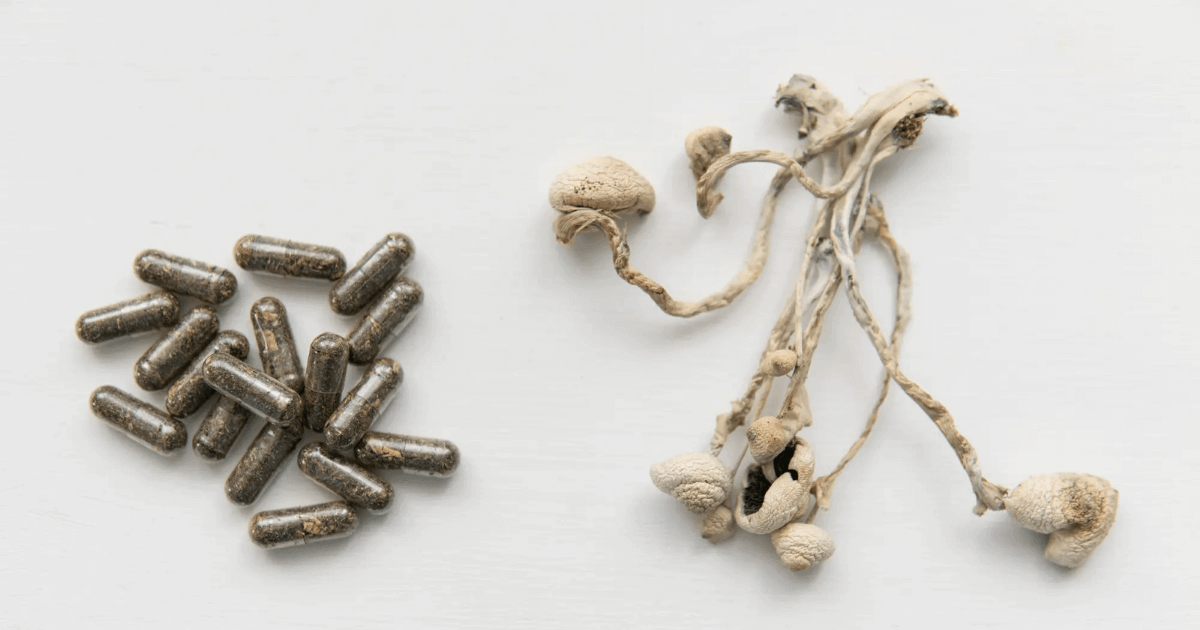
How to Properly Take Shrooms For Anxiety
If you are considering using shrooms (psilocybin-containing mushrooms) for anxiety, it’s crucial to approach the process with caution, responsibility, and under the guidance of a qualified healthcare professional. Psilocybin can have powerful effects on the mind, and proper preparation and setting are essential to ensure safety and maximize potential benefits.
Here are some guidelines to consider if you’re exploring the use of shrooms for anxiety:
- Consult a Healthcare Professional: Before attempting to use psilocybin for anxiety, speak with a qualified healthcare professional, such as a psychiatrist or psychologist. Discuss your anxiety symptoms, treatment history, and your interest in using psilocybin as a potential therapy. They can help you assess whether this approach is suitable for your specific circumstances and provide guidance on risks and benefits.
- Set and Setting: Create a comfortable and safe environment for your experience. Choose a calm, familiar place where you feel at ease and have minimal distractions. Consider having a trusted friend or sitter present to provide support during the session.
- Dosage: For anxiety management, microdosing is often recommended. Start with a very low dose, typically around 1/10th to 1/20th of a recreational dose, and assess your response. Gradually adjust the dosage if needed, always erring on the side of caution.
- Frequency: Microdosing schedules can vary. Some people take microdoses every few days, while others might follow a specific regimen (e.g., every third day). Allow enough time between doses to gauge the effects and potential changes in anxiety symptoms.
- Journaling: Keep a journal to record your experiences, emotions, and any changes in anxiety levels. This can help you track progress over time and identify any patterns or insights.
- Mindset: Approach the experience with an open and positive mindset. Set clear intentions for what you hope to gain from the experience, such as gaining insights, reducing anxiety, or understanding underlying emotions.
- Integration: After each session, take time for integration. Reflect on the experience, its impact on your anxiety, and any potential insights gained. Discuss your experiences with your healthcare professional or therapist to process and integrate the effects into your daily life.
- Safety Considerations: Psilocybin can affect your perception and coordination. Avoid driving or operating machinery during and immediately after the experience. Avoid mixing psilocybin with other substances, including alcohol and other drugs.
- Legal Considerations: Be aware of the legal status of psilocybin in your country or region. Using psilocybin-containing mushrooms in areas where they are illegal may have severe legal consequences.
Remember that self-medicating with psilocybin for anxiety can have unpredictable outcomes, and individual responses vary widely. Psilocybin therapy is a complex and potentially risky undertaking, and it should only be pursued under the supervision of a qualified healthcare professional experienced in psychedelic-assisted therapies. This approach aims to maximize safety and therapeutic benefits while minimizing potential risks.
Important Things to Know When Taking Shrooms For Anxiety
When considering the use of shrooms (psilocybin-containing mushrooms) for anxiety, there are several crucial things to keep in mind to ensure a safe and potentially beneficial experience.
Here are some important points to know:
- Consult a Healthcare Professional: Before using psilocybin for anxiety, talk to a qualified healthcare professional, such as a psychiatrist or therapist, who is knowledgeable about psychedelic-assisted therapies. They can assess your mental health, medical history, and suitability for this approach.
- Set and Setting: Create a safe and comfortable environment for your experience. Choose a peaceful and familiar space where you feel at ease and have minimal distractions. Consider having a trusted friend or sitter present to provide support if needed.
- Start with a Low Dose: If you are microdosing, begin with a very low dose, typically around 1/10th to 1/20th of a recreational dose. Gradually adjust the dosage based on your response and tolerance, if necessary.
- Mindset and Intentions: Approach the experience with an open and positive mindset. Set clear intentions for what you hope to gain from the experience, such as reducing anxiety, gaining insights, or improving emotional well-being.
- Journaling: Keep a journal to record your experiences, thoughts, emotions, and any changes in anxiety levels. This can help you track your progress and integrate the insights gained from the experience.
- Know the Risks: Understand that psilocybin can have unpredictable effects, and individual responses vary widely. Some people may experience increased anxiety or have challenging experiences. Be prepared for the possibility of difficult emotions and thoughts during the session.
- Integration: After the experience, take time for integration. Reflect on the insights and emotions that arose during the session and how they may relate to your anxiety. Discuss your experiences with your healthcare professional or therapist to process and integrate the effects into your daily life.
- Medication Interactions: If you are taking any medications, including antidepressants or anti-anxiety drugs, be aware that there may be potential interactions with psilocybin. Consult your healthcare provider about possible drug interactions.
- Legal Status: Be aware of the legal status of psilocybin in your country or region. Using psilocybin-containing mushrooms in areas where they are illegal may result in legal consequences.
- Safety Precautions: Psilocybin can affect your perception and coordination. Avoid driving, operating machinery, or engaging in activities that require full attention during and immediately after the experience.
- Respect the Substance: Approach psilocybin with reverence and respect. It is a powerful substance that can lead to significant shifts in consciousness and emotions. Use it responsibly and with the intention of personal growth and healing.
- Follow Local Laws and Regulations: Abide by the laws and regulations concerning psilocybin in your area. Engaging in illegal activities can have serious consequences.
Always prioritize your safety and well-being. If you have any doubts or concerns, seek guidance from a qualified healthcare professional experienced in psychedelic-assisted therapies. A guided and supervised approach to psilocybin therapy can maximize the potential benefits and minimize risks.
Weed List is the Best Place to Buy Shrooms For Anxiety Online in Canada
In the vast landscapes of Canada, where the mountains meet the oceans and the forests stretch for miles, there lies a hidden gem called Weed List. Find us featured on sites like Atlantic Cannabis. For those seeking solace from the grips of anxiety, Weed List stands as the beacon of hope and healing.
Nestled within the heart of the country, this online haven is renowned as the best place to buy shrooms for anxiety online in Canada. With a commitment to quality, safety, and compassion, Weed List offers a carefully curated selection of psilocybin-containing mushrooms that have captured the hearts of countless seekers in pursuit of mental well-being.
As whispers of its transformative powers spread like wildfire across the nation, Weed List continues to illuminate the paths to inner peace and newfound clarity amidst the boundless beauty of the Great White North.
References
Hartney, E. (2023, August 8). What Are Shrooms (Magic Mushrooms)? Verywell Mind. Available at: https://www.verywellmind.com/what-are-magic-mushrooms-22085
Prisms LSD. (2023, September 1). Buy LSD Microdose Tabs Online in Canada. Available at: https://prismslsd.co/product/lsd-microdose-tabs-10%ce%bcg/
Yu, Douglas (2020, December 17). Psilocybin Could Be The Next Star In Functional Food After Cannabis As Public Interest Heats Up. Forbes. Available at: https://www.forbes.com/sites/douglasyu/2020/12/17/psilocybin-could-be-the-next-star-in-functional-food-as-public-interest-heats-up/?sh=2b5adbad5213
Atlantic Cannabis (2023, September 1). Find Reliable Marijuana Dispensaries and Weed Delivery Services in Nova Scotia, New Brunswick, Newfoundland, and PEI. Available at: https://atlanticcannabis.net/

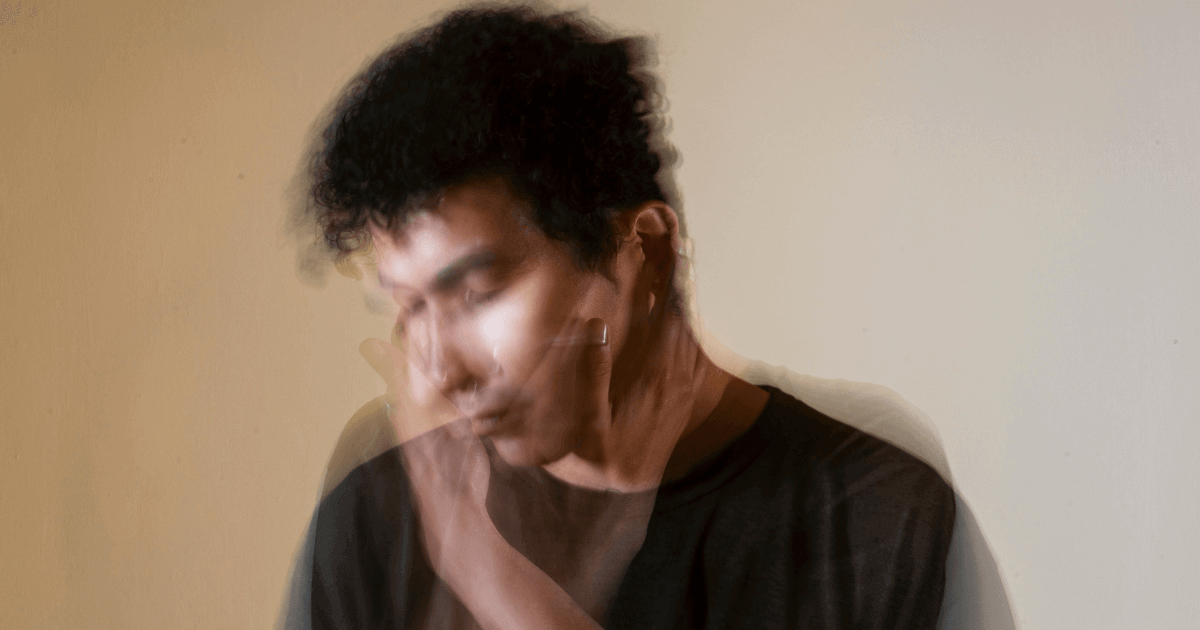


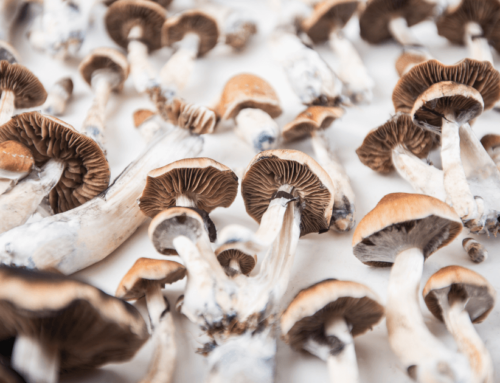
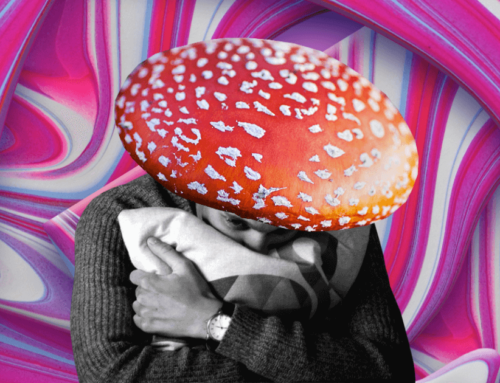
Leave A Comment